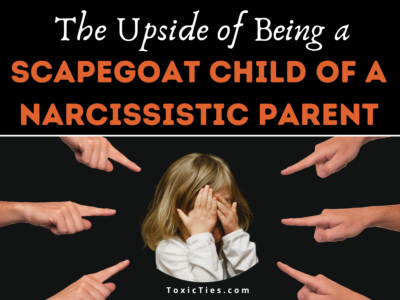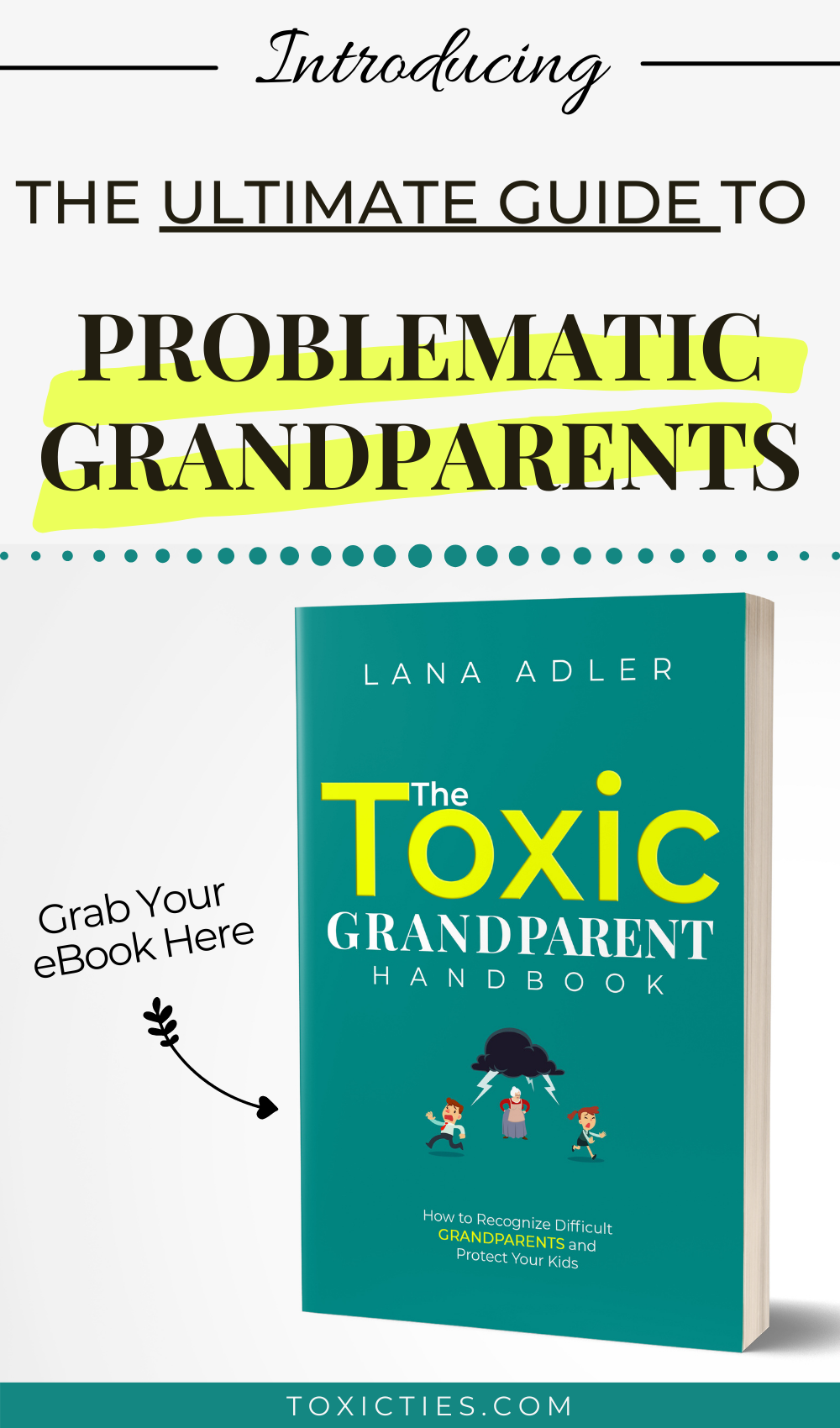Do you suspect that your partner or spouse is a narcissist? You may be right.
Narcissists are charming. Since the first date, they put on a show to reel you in. Drawn to how confident and exciting they are, you fall for their attractive and intriguing personality.
And yet, as the relationship develops, you may find yourself in a marriage with a seemingly different person. As you start seeing the face behind the mask, your partner’s narcissism may become more apparent.
This article will answer several important questions regarding the prospects of being married to a narcissist, and how you can deal with your spouse’s narcissistic tendencies in a practical way.
But first, we need to shed light on the definition and key features of narcissistic personality disorder.
What Is Narcissistic Personality Disorder?
The Diagnostic and Statistical Manual of Mental Disorders (DSM-5) defines narcissistic personality disorder (NPD) as a mental disorder that manifests itself in a pattern of grandiosity, need for admiration, and lack of empathy for others.
Clinical psychologist Kristalyn Salters-Pedneault provides a clearer explanation, stating that narcissistic individuals “experience very intense emotions or engage in extremely impulsive, theatrical, promiscuous, or law-breaking behaviors.”
Yet, it’s important to remember that narcissism is a mental disorder. It shouldn’t be confused with a personal choice.
And given that NPD is a formal mental health diagnosis, it can only be made by a mental health professional.
However, in personal relationships, especially marriage, there are several telling signs your partner is a narcissist to look out for.

5 Signs Your Partner is a Narcissist
At the beginning of a relationship, we tend to idealize our partners. We are as involved and committed as possible, which is natural for newly formed relationships.
That’s why it’s so challenging to notice narcissistic behaviors in your partner right away.
However, as the honeymoon stage passes, you may find yourself married to a narcissistic man or woman. So you may be wondering: what’s next?
If you think you might have missed the signs that you’re in a relationship with a narcissist, take a look at the following clues.
1. They never apologize
Narcissists would rather lie and humiliate you than admit that they were in the wrong.” ― Mitta Xinindlu
The most revealing sign that you’re in a relationship with a narcissist is that they find it impossible to take the blame for anything.
Since narcissistic partners have a grandiose sense of self, they believe that they’re always right, no matter what the facts are.
They would rather die than own up to the slightest mistake.
For instance, if you’re late to a dinner party, your NPD wife will blame you, even if she was the one who took 2 hours to get ready.
An essential part of any healthy relationship is the partners’ ability to admit when they’re wrong and apologize for it. Narcissistic partners are incapable of that.
2. They are masters of gaslighting
In 2018, the psychological term gaslighting appeared in the Oxford University Press list of the most popular new words.
According to its definition, gaslighting is “the action of manipulating someone by psychological means into accepting a false depiction of reality or doubting their own sanity.”
Such manipulation is a narcissist’s go-to way of gaining the feeling of superiority over their spouse.
Those married to a narcissistic partner typically mention their constant attempts to spin the truth and falsely accuse others while ultimately trying to distort reality.
For example, your spouse may tell lies about your behavior to fit their version of events, causing you to second-guess everything you remember.
Their endgame is to make you question your perception so you can take the blame for anything that goes wrong. If you’re constantly subjected to gaslighting in an intimate relationship, eventually you’ll start losing your self-esteem and even your sanity.
For that reason, a good indication that you’re married to a narcissistic spouse is that you feel more anxious and less confident than you used to be.

3. They ignore your needs
One of the most defining narcissistic traits is the lack of empathy — which is the ability to feel or understand other people’s feelings and needs.
Even though recent studies by Erica G. Hepper have shown that their low empathy doesn’t reflect inability, most narcissistic spouses show little desire to grow. This means that your feelings and needs won’t matter much.
If you are married to a narcissist, you need to understand that their indifference to others’ feelings makes your relationship rather challenging.
When building a family with a person, we expect them to care about us and our wants and needs. But, alas, narcissist personalities are ill-suited for such a role.
So if your partner is a narcissist, you will soon notice their tendency to only think about their needs and how things affect them. They are their number one priority.
4. You can’t trust them or rely on them
Narcissists lie — a lot — and a number of studies confirm that. But why?
A study from 2014 delved into the motivations for lying among the “dark triad” individuals (people possessing personality traits of narcissism, Machiavellianism, or psychopathy). The researchers said that the ultimate purpose of a narcissist’s deceptions is self-gain.
For example, if your partner is a narcissist, you may have realized that the stories they told you about their extraordinary skills, possessions, and accomplishments end up being outright lies. Not only that, they often believe their own fibs.
The basic purpose of these lies is to receive flattery, praise, attention, or adoration essential to their sense of self-importance.
Living with a constant liar erodes the trust between spouses.
In the end, you’ll find it hard to believe any promises your spouse makes. So what’s the point of relying on their promises if they always break them?
5. You never feel “good enough”
Living with a narcissistic partner may change your sense of self for the worse.
For example, you may start noticing that your spouse constantly criticizes you no matter what you do or makes you feel inadequate for what you’ve accomplished.
This may be one of the clearest signs that you have a narcissistic wife or husband. They will try to diminish your self-worth to boost theirs.
Your feeling of not being good enough for them fuels your spouse’s ego. They need you to feel small so that they can feel big, hiding their weaker and fragile self underneath.
Deprecation of others is a narcissistic defense mechanism.

5 Tips on How to Deal with a Narcissistic Spouse
If you’re reading this article, you may already know that your partner is a narcissist.
Thus, you may be wondering what you can do to deal with their narcissistic tendencies in a practical way. Here are several tips you may find helpful.
1. See them for who they really are
If you don’t expect anything from others, you can never be disappointed. That is good advice for living a less stressful life in general. But it’s especially true if your partner is a narcissist.
When you understand their nature and recognize their narcissistic tendencies, it will be much easier for you to handle them.
Constant grudges and conflicts won’t help your relationship. So unless you’re willing to end your marriage, manage your expectations when it comes to your narcissistic spouse.
Praise the behaviors you want to encourage. But also know that they are who they are, and they won’t change much.
2. Don’t take the bait
Narcissists expect everyone’s lives, especially their partner’s, to revolve around them.
So don’t let them succeed.
Know when to give them the spotlight and when to prioritize your needs. Suppressing your true emotions and desires isn’t an option if you want a healthy relationship. Your psychological condition matters.
Even if your relationship with your narcissistic spouse may sometimes cross the line of healthy, you are still responsible for your own wellbeing.
So don’t forget to take care of yourself. You can’t have your focus on your partner 24/7, 365 days a year.

3. Make your boundaries clear
Narcissistic people cross boundaries for many reasons. Sometimes they don’t care if they may offend you. Or they may be too self-absorbed to notice the line they may have crossed.
And yet, it is essential for you to draw that line and put a no-crossing sign there.
Make sure you spell out what is important to you so that your spouse is aware of your position. Also, let them know about the consequences of them crossing your boundaries. And, of course, do not hesitate to deliver the consequences.
4. Don’t take the fall for them
Remember that you’re not a scapegoat. You can’t let them blame you for everything they won’t take responsibility for.
You might be tempted to take the blame just to keep the peace. However, salvaging their ego and belittling yourself will only harm you in the long run.
And even though a narcissistic partner will not admit that they are wrong, they may still step back to keep things amicable.
So stand up for yourself and don’t let them make you doubt yourself.
5. Prioritize your wellbeing
Living with a narcissistic spouse, the golden rule is to always keep a cool head and consider your own mental and physical health.
When your spouse shows signs of narcissistic behavior, it may be challenging not to get sucked into their drama or avoid a negative impact on your wellbeing.
And yet, remember that it’s your responsibility to protect yourself from harm. If you have symptoms of anxiety, depression, or unexplained physical ailments, it may be time to reassess your relationship or take some time apart.
Never disregard your own wellbeing. There are two people in a marriage, and its success depends on both of them making efforts to nourish it.

Conclusion
There is a rather famous quote by Dr. Ramani Durvasula: “Relationships with narcissists are held in place by the hope of a ‘someday better,’ with little evidence to support it will ever arrive.”
In reality, it doesn’t have to be like that. Narcissistic personality disorder presents a great challenge, but it’s not impossible to overcome or soften some of its manifestations in a loving relationship.
There are always ways to handle narcissistic tendencies in your spouse’s behavior and keep your personal relationship peaceful.
At the end of the day, as one wise gray-haired wizard said: “Happiness can be found even in the darkest of times if one only remembers to turn on the light.”

About the Author
Natalie Maximets is a certified life transformation coach with expertise in sustainability and mindfulness and a writer at Online Divorce. She helps people overcome life challenges and build a happier life.
*DISCLAIMER: All the opinions expressed in this article are solely the author’s and do not express the views or opinions of the website or its affiliates.
Narcissism is a continuum. This article speaks of a relationship with someone who has narcissistic tendencies.
If you believe you’re in a relationship with a malignant narcissist who is a danger to your mental or physical wellbeing, please seek help. Here are some resources you may find helpful.
NEXT
The Silver Lining of Toxic Relationships: 9 Priceless Lessons
10 Signs Your Husband is Passive-Aggressive
Toxic Online Daters: 11 Types You Need to Avoid Like the Plague








Hello Dr. G
Over the years I have struggled with a narcissistic mother and sibling. I am self taught on how live with them. I am not a doctor in psychiatry but feel I have the expertise in helping others.
During my at home self taught knowlege on the subject I have learned that narcissists love the words, beleive, think and hope. They will start their tactics with a sentance that begins with, I think, I beleive, or I hope then finish it with the ammo to try and bring you down while having no actual facts or truths in the rest of their sentance. This leaves the empath person at their wits end trying to defend themselves. The best way is to realize their statement is a statement that requires no response. It was not a question nor a conversation… it was a screwed up bunch of words that was concocted to bring the person down therefor the best response is to reply, “I’m sorry you feel that way.” If it continues it is time to leave the room or go for a walk because it isn’t going to end well trying to have a conversation with a person that only makes statements.
I have removed those three words from my vocabulary because I live with knowns, not beliefs, thinks and hope’s. Imagine if our courts were run on those three words, “Well your honour. We have 5 thinks, he did it, four beleive he didn’t and four hope he doesn’t do it to them.”
At 56 years of age and married for 28 years I have delicately dealt with a narcissistic spouse. As much as she dislikes my lack of use of the three words of doom I keep my backbone by ignoring any sentances directed at me that have them in it.
I am so glad you read my post.
Tips for those that live with a narcissist…
– When asked a question always respond with, “I don’t know.” That way you can never be wrong.
– When they’re gaslighting go for a walk. A long one. By yourself.
– If they make you the scapegoat set them straight. Even if is in front of others.
– Most importantly, never be afraid of speaking truths. No matter how harmful it may appear to them. That is what is lacking from them… truth.
I have been reading posts regarding this topic and this post is one of the most interesting and informative one I have read. Thank you for this!
Check this out 5 Signs You (Or Someone You Know) Might Be a Narcissist